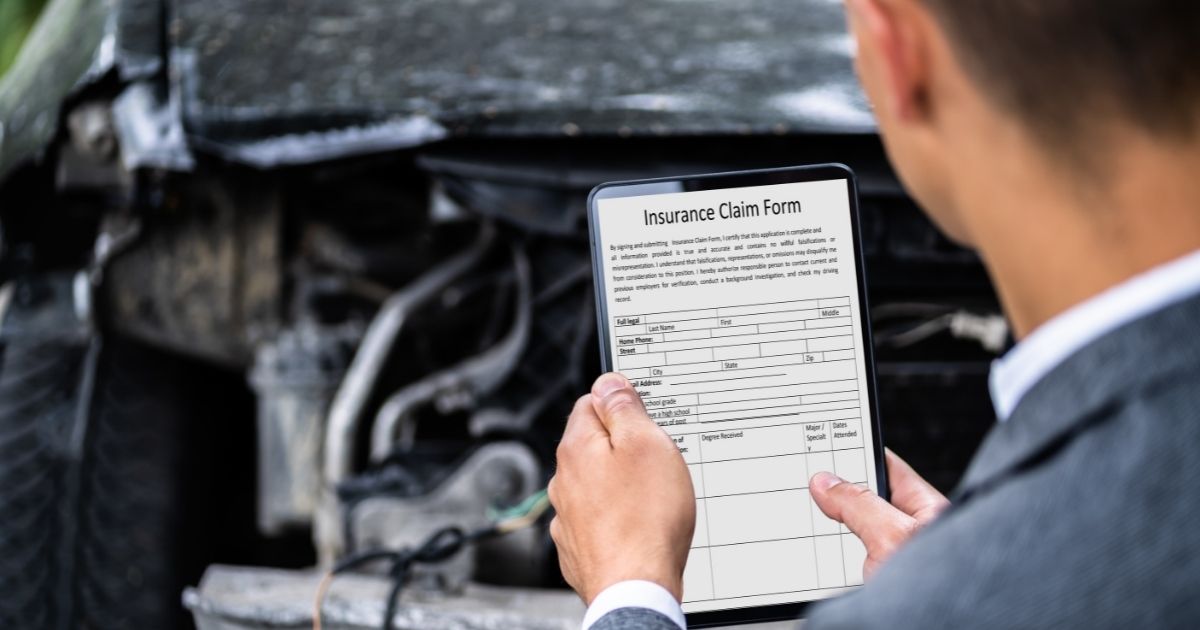What Should I Avoid Saying to My Insurance Company After a Car Accident?

After a car accident, drivers should get in touch with their auto insurance companies right away. This notifies the insurer that an event happened. However, drivers may not realize that what they say during their discussions with an insurance representative can make a difference in what they receive in terms of coverage, approvals, and settlement offers.
Insurance company agents are trained to act welcoming, friendly, and warm. Yet, they are listening for reasons to not pay full amounts to drivers. Insurers want to lose as little money as possible. Therefore, agents and adjusters look for any reason they can to deny a claim or offer a low settlement.
After an accident, you should call your insurance company, but you need to think carefully about what you say. Generally, you will want to be as concise as you can. However, you may be very stressed and emotionally distraught. Nevertheless, try to remain as calm as you can and stick to the following:
- Inform the agent of the date, time, and place that the accident happened.
- Tell the agent whether or not your vehicle sustained damages.
- Say that you will get in touch further with more information.
Do not be surprised if the agent tries to get you to reveal more information. Agents are trained to gather as many details as they can. Listed below are topics you should avoid talking about to your auto insurance company.
Fault
You may believe that a car accident is not your fault. Maybe you rear-ended a driver at a stop sign, for instance. Most rear-end crashes are caused because of the following driver. However, the leading driver could be fully or partially at fault as well. For example, maybe the leading driver was speeding, turned into your lane, and slammed on the brakes suddenly right before the stop sign. A detailed investigation may show that you had no time to avoid a collision. Similarly, the driver in front of you might have reversed at the stop sign, inadvertently backing up instead of moving forward. Admitting fault too early can only hurt you. Take a wait-and-see approach when it comes to liability.
Uninjured
Your crash happened on a Tuesday morning, and you called your insurance company that afternoon. During the conversation, you mentioned that you felt fine. Unfortunately, you began to feel unwell Wednesday and ended up going to the emergency room. That night, you have several physical problems related to the crash. This is not an uncommon scenario. After an accident, you may experience an adrenaline rush. Adrenaline can keep you from realizing you are hurt, even if you have a severe injury, like a broken bone.
Saying you have not been injured to your insurance company is ill-advised. Stating that you have no injuries will make it harder to recover out-of-pocket damages down the road. If an insurance agent inquiries about your physical status, say that you plan to get a thorough examination by a medical professional.
Hypothesis
Accidents happen quickly. As a result, you may not remember everything that happened during the crash. In fact, most people cannot recall every detail of an accident. When you speak with your insurance carrier, avoid making any hypotheses about what occurred. It is better to say that you do not have all the facts at this point. If your agent tries to press for details, hold your ground. You should not be pushed into making any theoretical statements.
Information About Other Parties
You might think you are being helpful by offering up the names of passengers who were in your car or witnesses from the accident scene. Your insurance carrier does not need to have their information, though. Eventually, your lawyer may want you to share that information. For the time being, keep all those details to yourself.
Recorded Statements
You are under no legal obligation to make a recorded statement about your accident when you call your insurer. You can even start your phone call by asking not to be recorded. This is your right, although many people do not realize they have a choice. Making a recorded statement right away locks you into a narrative that may or may not be true.
Settlement Offer
Insurance companies may try to appeal to you by offering you a seemingly high settlement. However, this is in their best interest, not yours. Often, the settlement offer sounds high, but it may not be enough to cover all of your bills after a crash. If your insurance agent calls you with a settlement offer, explain that you have to think about it before accepting. Never accept a settlement because you feel pressured. You should discuss the settlement with your lawyer first.
Speaking to an auto insurance company after a car accident can be taxing. It can also turn into a legal battle, and you might find it challenging to build your case. Ultimately, your job is to get well after an accident, which is why you need a strong legal advocate on your side. That way, you can focus on recovery.
Our Car Accident Attorneys in Norristown Help Clients Defend Their Rights After Collisions
There are certain topics you should avoid talking about to your auto insurance company. After a crash, one of our experienced Norristown car crash attorneys at Anthony C. Gagliano, III P.C. can help you make the right choices. Call us at 267-861-7100 or contact us online to set up a free consultation. Located in Philadelphia, we serve clients throughout Montgomery County, Delaware County, and Norristown, Pennsylvania.

